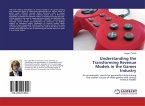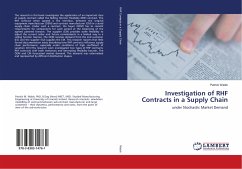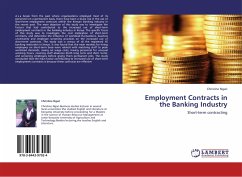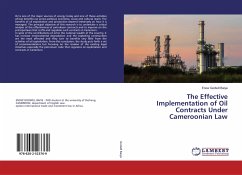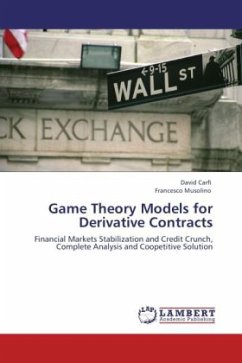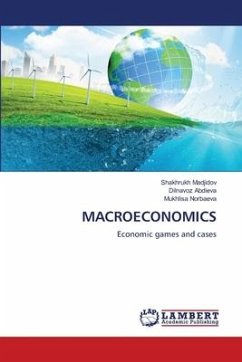Relational contracts are defined as the set of unwritten codes of conduct that affects parties behavior during a business. The existence of these 'contracts' is motivated by the impossibility of predicting all the contingencies that may occur after a formal agreement is stipulated. As widely recognized in the economic literature, the incompleteness of written contracts can give rise to opportunistic behaviors of a party, that reduce the margins for the conclusion of efficient transactions. The adverse selection, moral hazard and hold-up problems are typical examples of contractual opportunism. This book provides an essay on the important role that informal mechanisms may have in mitigating contractual incompleteness and supporting transactions. The basic literature is followed by a formal model aimed at studying the incentives that reputation can generate on the firm's decision to invest in the quality of its products. The ultimate scope of the book is to shed some light on business practices and provide discussion materials to the industrial organization scholars community.
Bitte wählen Sie Ihr Anliegen aus.
Rechnungen
Retourenschein anfordern
Bestellstatus
Storno


